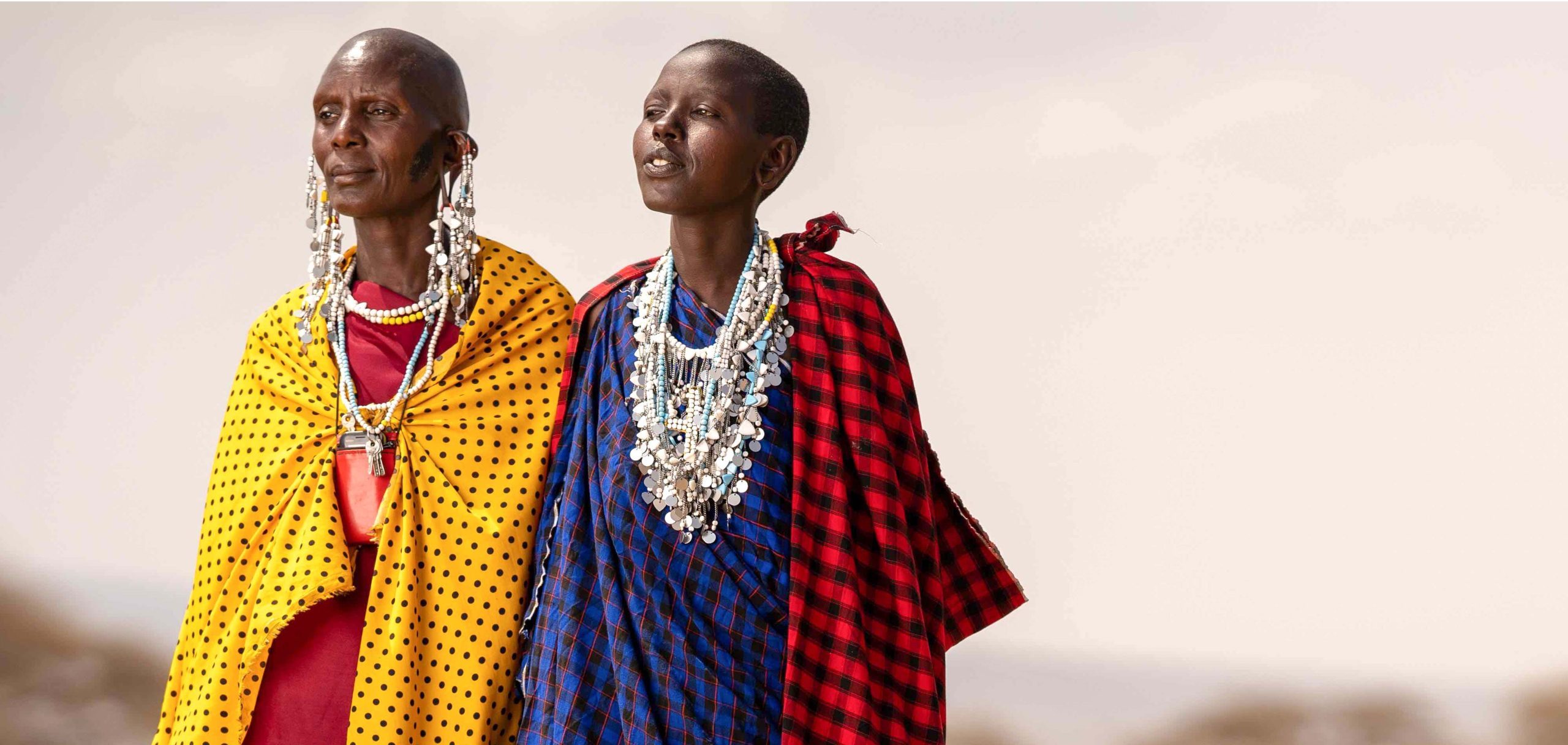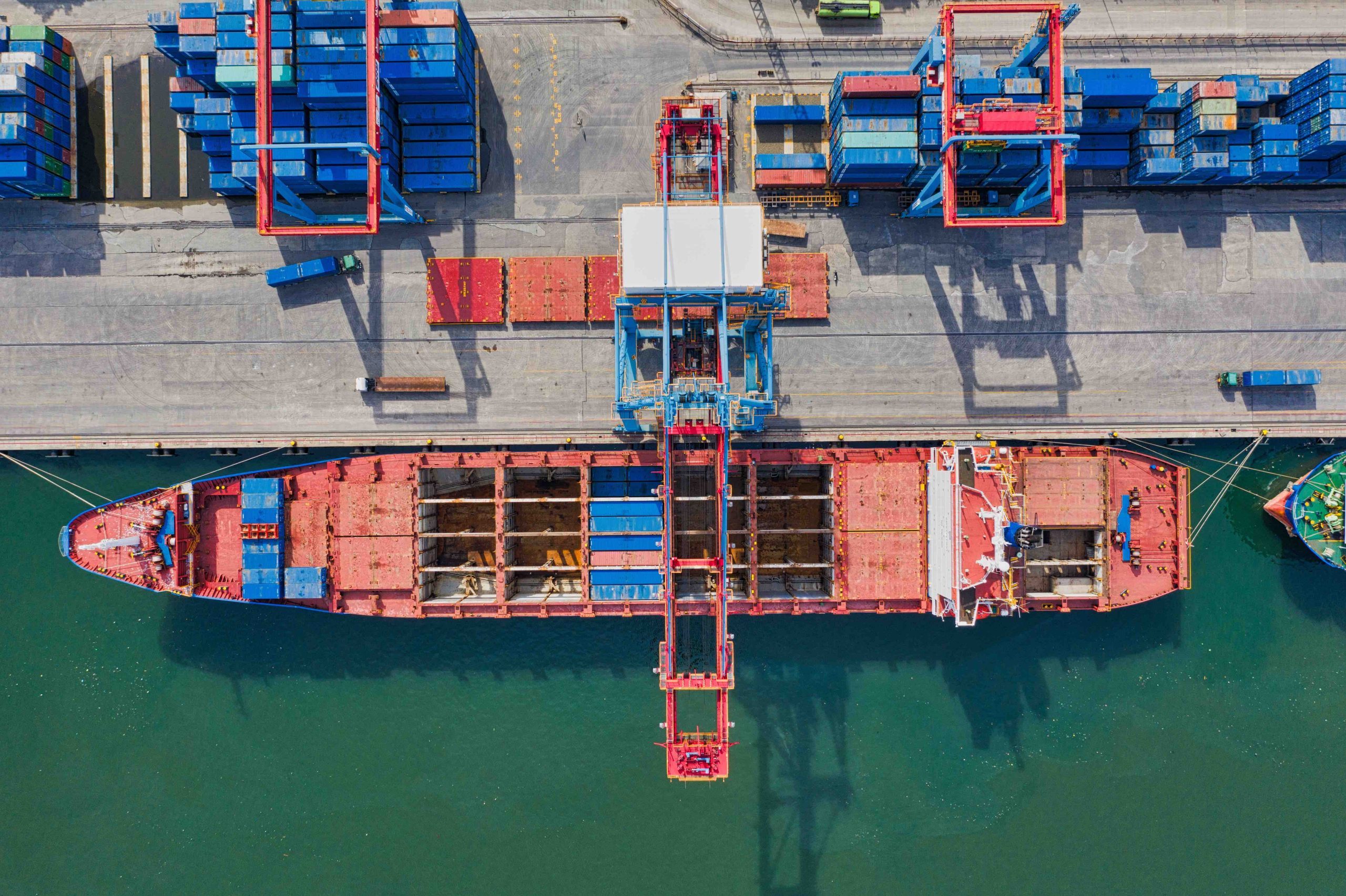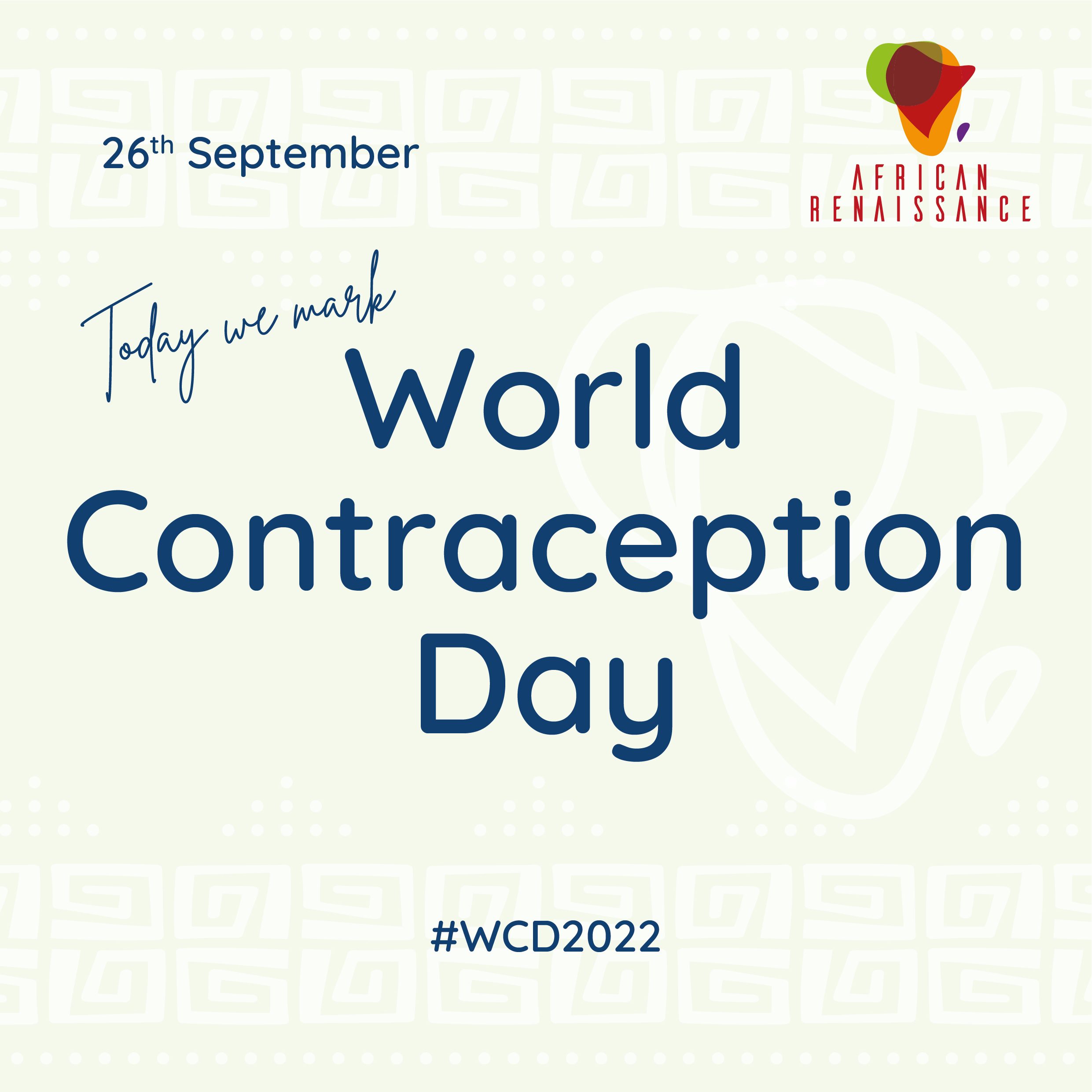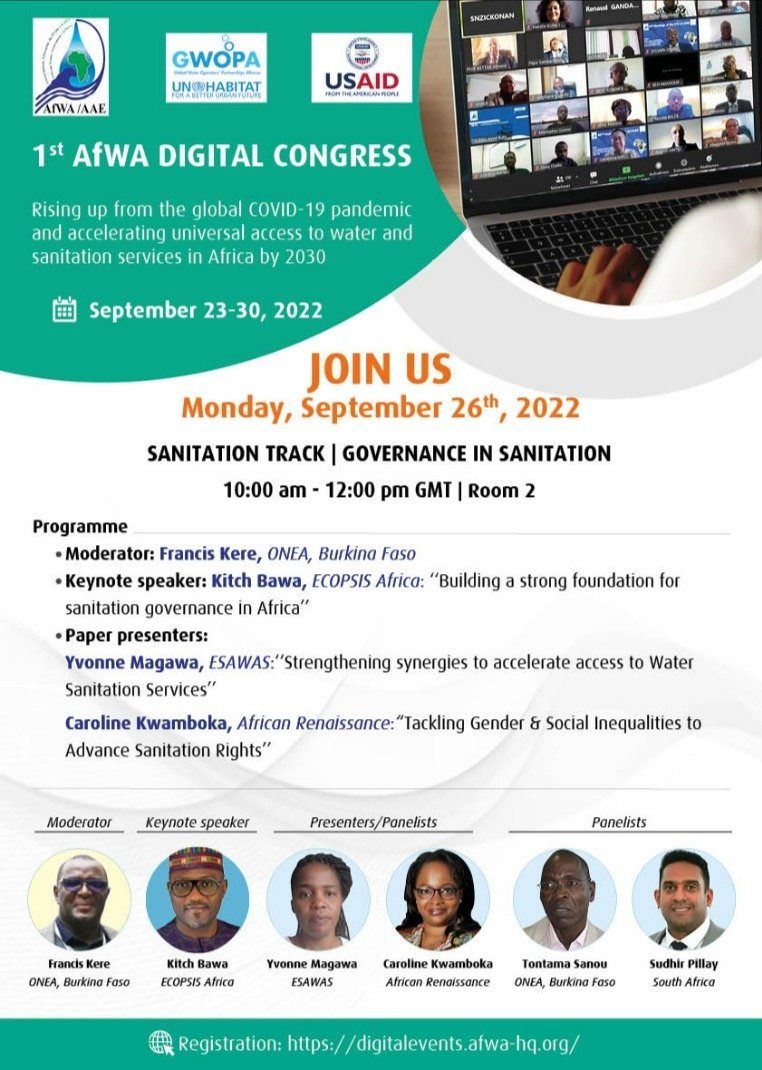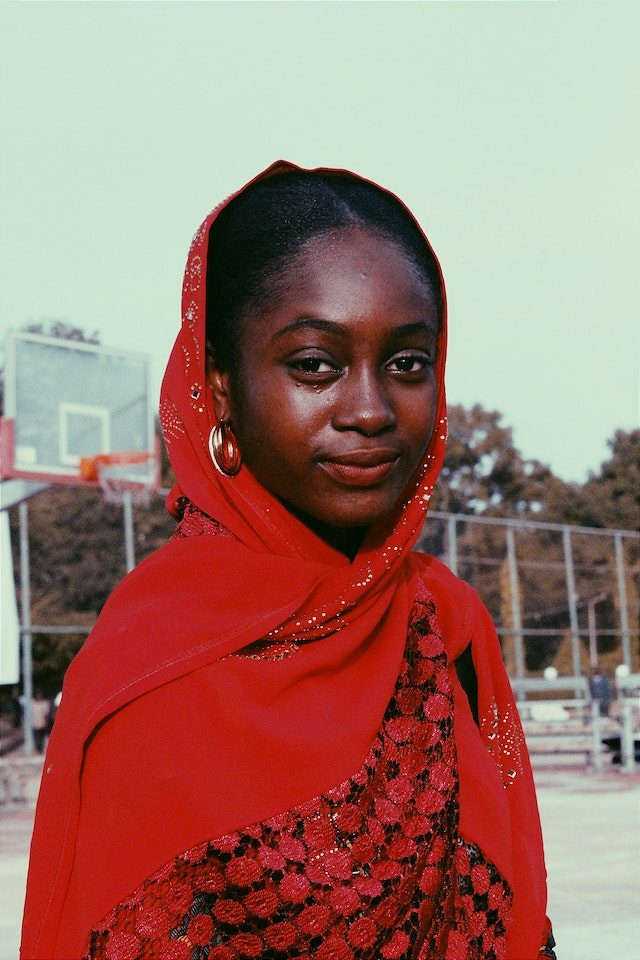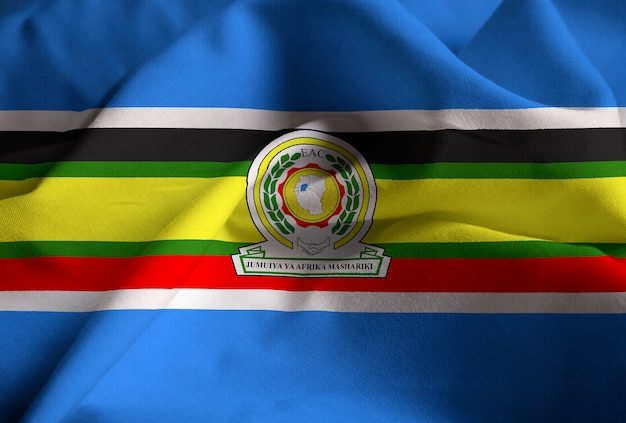Making healthcare accessible for vulnerable populations in Africa
Making healthcare accessible for vulnerable populations is an important issue that deserves a lot of consideration. Vulnerable populations are generally individuals who are at risk due to economic, social and health-related issues. These groups usually have limited access to basic health care due to a lack of financial resources, living in rural areas, or facing linguistic or cultural barriers. As a result, there is an urgent need for policies that promote equitable health care for these vulnerable populations in order to reduce financial and health-related disparities.
Improving access to healthcare for vulnerable populations requires a multifaceted approach that considers both the individual and their environment. On a personal level, vulnerable populations require healthcare services and resources tailored to their specific needs and language. This may include providing bilingual doctors, providing health education and information that is culturally appropriate and relevant and offering mental health counseling and other support services that meet the needs of the communities. Additional attention should be paid to providing care to those with pre-existing conditions or chronic illnesses.
On a broader level, governments should be encouraged to employ policies that expand access to healthcare services regardless of background or socioeconomic status. For example, governments can work with private health care providers to increase the availability of health care services in underserved areas, or provide targeted funding to improve access to care. It is also important to create policies that prioritize the prevention of illness especially non-communicable diseases (NCDs) like cancer, diabetes and high blood pressure. These could include establishing a public health system for early detection and treatment of diseases, nutrition education, and other public health initiatives aimed at improving overall health.
Equal access to health care requires comprehensive strategies to promote good health and safety. Policies should be developed that use a multidisciplinary approach. These policies should include strategies for healthcare providers to develop effective communication techniques with vulnerable populations; proactive screenings, treatments, and preventative services; and supporting communities with culturally competent training and resources.
In January 2023, the Chairperson of the African Union Commission, H.E. Moussa Faki Mahamat, inaugurated the new Headquarters of the Africa Center for Disease Control and Prevention (Africa CDC) located at the African Village, south of Addis Ababa. During the inauguration ceremony, he mentioned that the African Union Commission and the Africa CDC along with RECs and Member States, having taking stock of the structural weaknesses that have characterized Africa’s health system, launched the New Health Order for Africa in 2021, which focused on strengthening public health institutions, public health personnel, manufacture of vaccines, action-oriented partnerships, and increasing national resources for health security.
As a commitment from the African Renaissance we call upon our leaders in Africa to work towards making healthcare accessible for vulnerable populations. This accessibility is an essential part of promoting health equity. It requires relevant and culturally competent health care services and resources tailored to individual needs, as well as policies that improve access to care and prioritize prevention of disease. In order to ensure that vulnerable populations receive the best possible care, it is important to understand their unique needs, create effective strategies at both the individual and community level, and support government initiatives that foster health and wellness.

